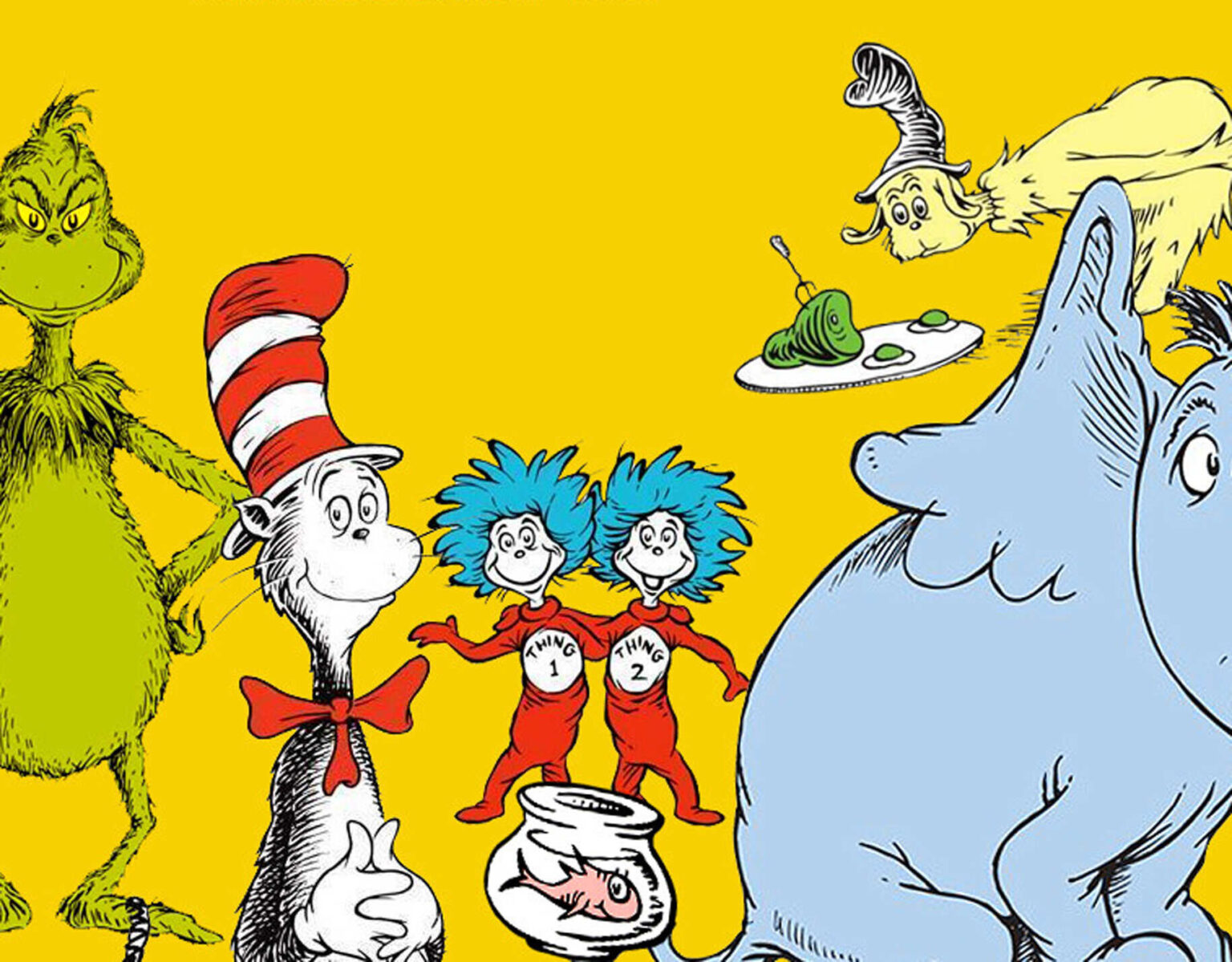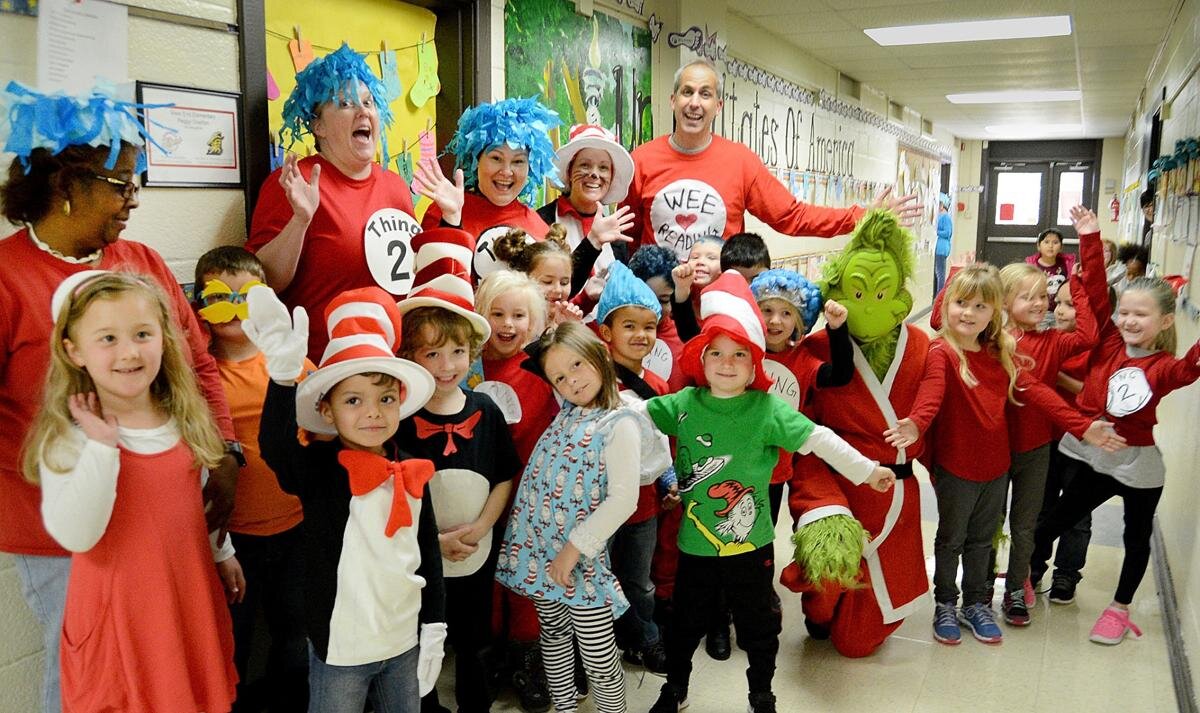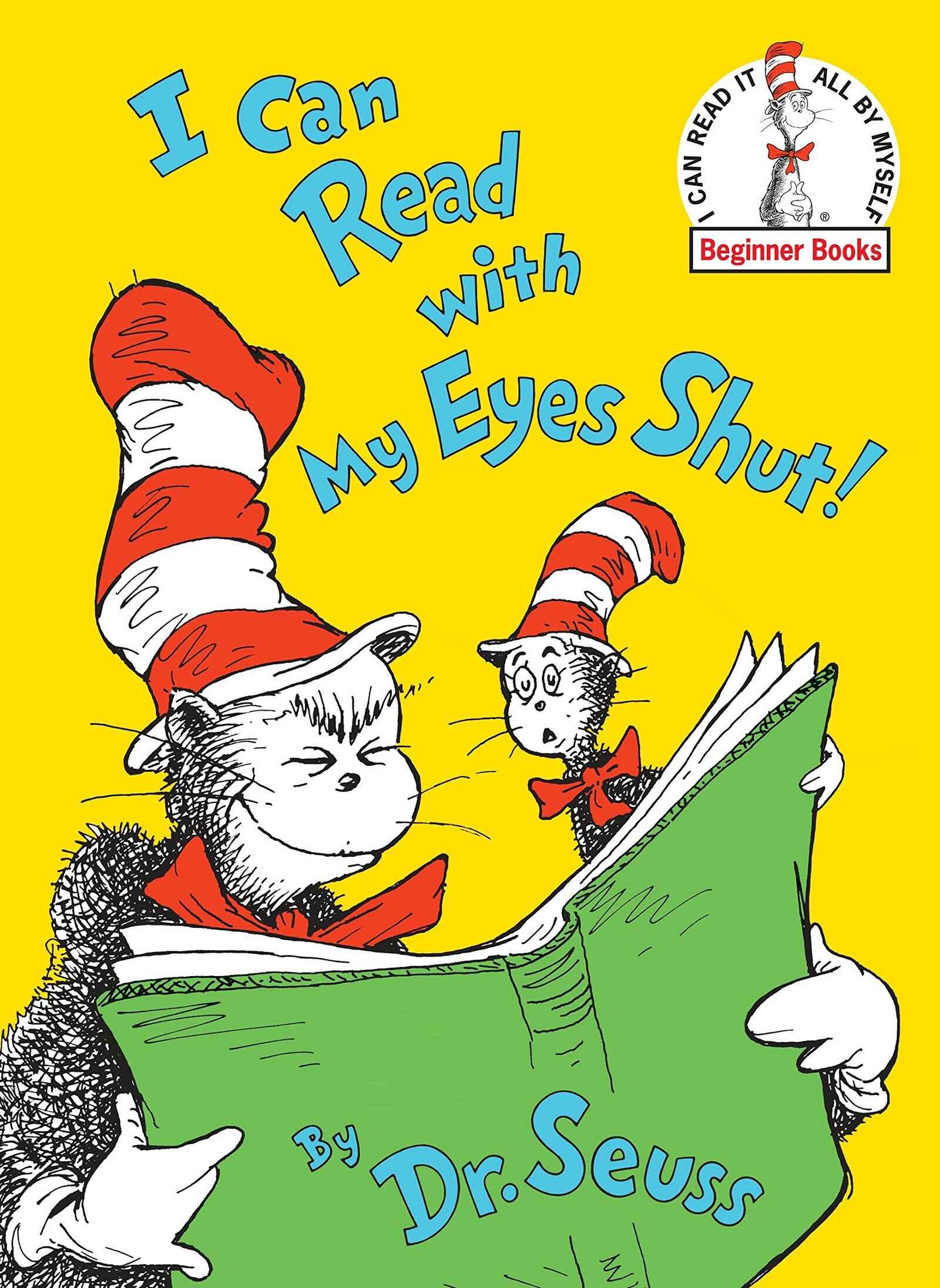
We see, we say: Why is the internet trying to cancel Dr. Seuss Day?
While many elementary schools are gearing up for a fun, cartoony Dr. Seuss day which traditionally kicks off the annual “Read Across America” event, others are questioning: why on earth are those eggs & ham so green?
We certainly would be wary of any green breakfast foods, but the real question actually has to do with a matter of a bit more importance: was Dr. Seuss racist? Should the cherished children’s book author & illustrator be celebrated in schools?
Dr. Seuss’s delightful tales & rhymes certainly make for colorful costumes and provide a great boost to children’s excitement to read. But are there underlying tones of racism we all missed? Here’s the scoop on Dr. Seuss, and what schools are doing in response to the controversy.

Widespread outrage
National Dr. Seuss day is celebrated on the author’s birthday, March 2nd. A conversation about Dr. Seuss (aka Theodor Geisel) and race has been ongoing for years, but this year the Loudoun County, Virginia schools stated they will cease to include Dr. Seuss books in their “Read Across America” celebration, instead focusing on books they believe are more “inclusive and diverse and reflective of our student community.”
News of Loudoun County’s decision to exclude Dr. Seuss spread and many have met such actions with contention. Because Dr. Seuss characters have become such a prominent part of childhood for many, action to cancel the author has been scrutinized.
This backlash against Dr. Seuss also comes after Hasbro announced that their seventy-year-old toy Mr. Potato Head would now be gender-neutral, deciding to remove “Mr.” from the name. Thus, some are led to ask: which childhood figure will be canceled next?
#ReadAcrossAmerica Day is next week. Many schools still spend the week centering Dr. Seuss. But it's important for educators to understand and discuss his history of racist caricatures—and think about the message sent when he's celebrated uncritically.https://t.co/PVhwxLuYin
— Learning for Justice (@learnforjustice) February 26, 2021
Was Dr. Seuss racist?
Sure, it’s easy to be appalled at the eagerness to tear down a staple of popular childhood literature, but first we must ask: where’s the evidence of Seuss’s racism? Is Dr. Seuss’s cancellation unfounded or are defenders lacking some vital information?
According to Learning for Justice, a study revealed that out of fifty Dr. Seuss books with “2,240 (identified) human characters, there are forty-five characters of color representing 2% of the total number of human characters.” The forty-three of the forty-five characters of color “exhibited behaviors and appearances that align with harmful and stereotypical Orientalist tropes.”
tw/ racism
Since Dr. Seuss is trending and all these news outlets are saying "ooh the left is so sensitive they wanna cancel Dr Seuss for racial undertones" just look at this image and fucking tell me that Dr Seuss didn't hate black people. pic.twitter.com/tzAsYm0Q6U
— slothbrainz (BLM forever, stay strong) (@slothbrainz) March 1, 2021
Moreover, Geisel has been ousted for some very eyebrow-raising cartoons with racist overtones. The 1929 cartoon shown above features black men for sale with a sign using the n-word. The black men are caricatured with stark black skin and large red lips. According to Deadline, Geisel responded to confrontation about the old cartoons, claiming, “just the way things were fifty years ago.”

Can you still enjoy Dr. Seuss?
The purpose of “cancelling” Dr. Seuss didn’t appear to be set on disparaging all of Seuss’s work at Loudoun County Public Schools. In fact, according to The Washington Post, Loudoun didn’t even ban Seuss books from libraries or classrooms in the district; the school simply released a statement about providing guidance to schools “to avoid connecting Read Across America Day to Seuss.”
The district acknowledged that, “[r]esearch in recent years has revealed strong racial undertones in many books written/illustrated by Dr. Seuss.” Instead of celebrating Seuss’s birthday which occurs a few days before Read Across America Day, LCPS and the National Education Association shifted focus to “Celebrating a Nation of Diverse Readers”.

Learning for Justice emphasized that Dr. Seuss is full of both good & bad, saying, “Dr. Seuss is a prolific children’s book author and global icon. And Dr. Seuss has a history of racial baggage that educators should understand when introducing his writing to their students.”
Numerous acclaimed or “classic” authors are exceedingly problematic (Charles Dickens, HP Lovecraft, Lewis Carroll, and Ernest Hemingway to name a few.) Yet, they are still widely read, studied, and appreciated for their developments & achievements.
The urge to learn more about problematic content in the stories we love and educate others about their faults doesn’t necessarily mean you can’t still see value in the work. But above all, noting racist content should open up more conversations about race and prompt more opportunities for diverse writers to be recognized instead.



